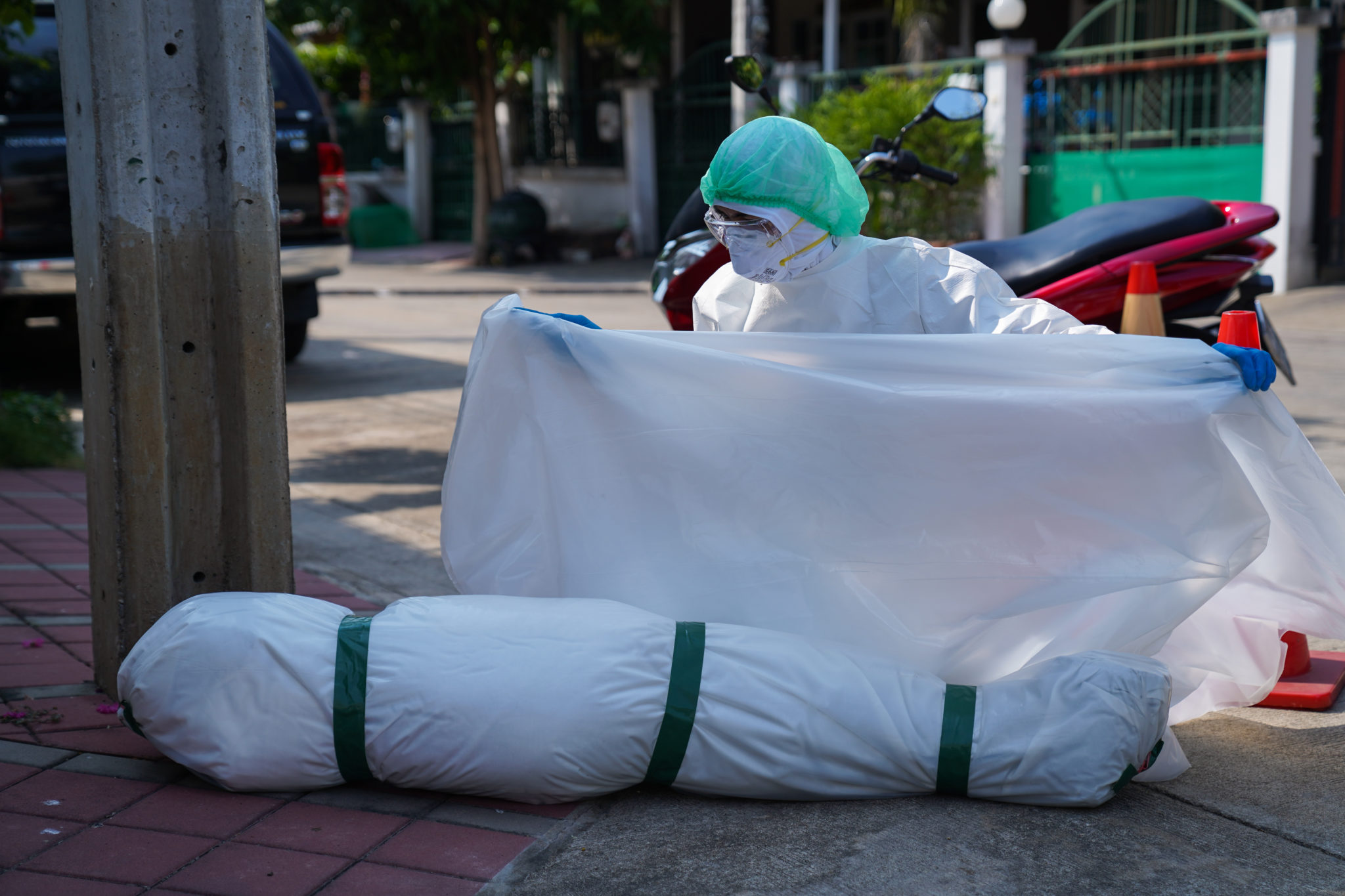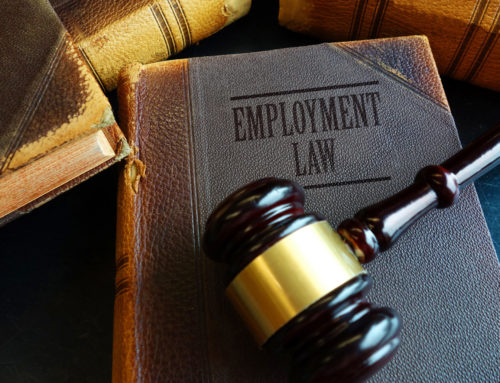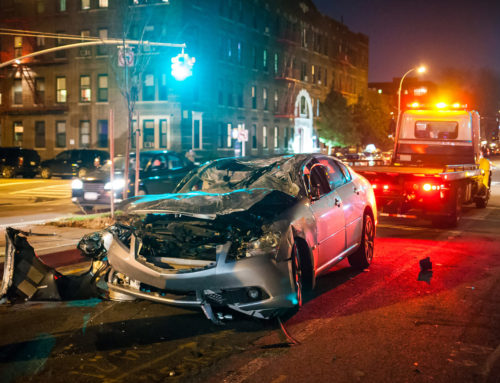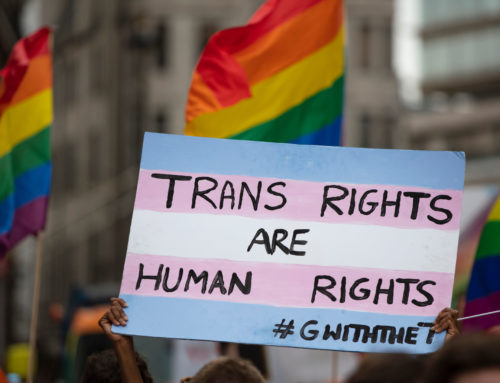Following part 1 of the woes of the South African public health system that had included the horrific story of Shonisani Lethole’s care at the Tembisa Hospital, it is difficult to imagine that things can get worst. After such an incident in the times we are facing, surely the service provider would take immediate steps to avoid similar situations?
Fast track a little more than a month and here we go again.
On 24 August 2020 the BBC released an article and news insert wherein the tragic death of Martin Mlombo at the Sebokeng Hospital, was put into light. During the months of June and July 2020 Martin had presented to the Sebokeng Hospital various times for the treatment of an issue completely unrelated to the Covid-19 virus.
After being turned away a few times, he was finally allowed into the Hospital’s Covid-19 screening tent on 1 August 2020 during an unforeseen cold front. This tent had been erected specifically for purposes of screening all visitors to the hospital. It was neither medically equipped nor insulated to treat patients.
Martin had a negative screening result, and had been moved a few times between the Covid-19 screening tent and the hospital’s emergency department with the majority of his stay in the outside tent seated in a wheelchair. As his conditioned worsened, he had pleaded for assistance, and only then the most basic of care was administered. Finally, on 3 August 2020 at 01h00 in the morning, Martin’s mother received the call from the Hospital that her son had passed away. She was further informed that his belongings can be collected from the dedicated Covid-19 ward inside the Hospital.
After the BBC had investigated the matter of the South African public health system, they had found that nearly 14 persons had died in the Hospital’s screening tent in a 48 hour period. These were not only persons suspected to have contracted the virus, but also many others. Left unattended in the cold without food, heating, blankets or medical care. It is readily suspected that various patients had died from hypothermia after being left unattended in the tent.
When looking at this matter, together with that of Shonisani Lethole, one cannot but pause and wonder as to how this is possible. The State had taken a few months to prepare the Health Care System to deal with the impending “first-wave” that had rocked the nation. But, in hindsight it seems that these tragic deaths were not as a result of the virus, but rather the inability to effectively run and manage the health system designed to serve patients .
A lobby activist group known as #FixTembisaNow was formed after the tragic death of Shonisani at the Tembisa Hospital. By adopting the model of social justice and demanding accountability, they aim to reform the level of service and care at both the Tembisa Hospital and greater Provincial Department of Health .
Now the question remains – what is to happen next? How will these matters, and more importantly their underlying cause, be addressed? Will there be change? Will we need to approach the Judiciary once again in demanding change?
The aim of this article series is not to place the provider of the services in bad standing, but rather shed light on the realities and challenges that the system is currently facing.
In memory of Martin Mlombo.
Hayley Galgut (Author)
Senior Attorney at Malcolm Lyons and Brivik Attorneys Inc.
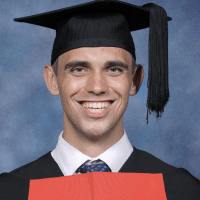
Marco van der Walt (Author)
Candidate Attorney at Malcolm Lyons and Brivik Attorneys Inc.
Malcolm Lyons and Brivik Attorneys are leading experts in the field of medical negligence law in South Africa. To discuss whether you have a case, contact our offices below:
Telephone:
Cape Town Office:
Telephone: +27(0) 21 425-5570
E-mail: [email protected]
Johannesburg Office:
Telephone: +27(0) 11 268 6697
Email: [email protected]
Contact form:

